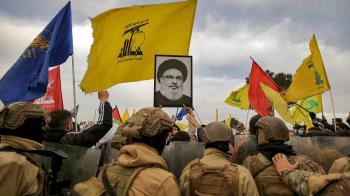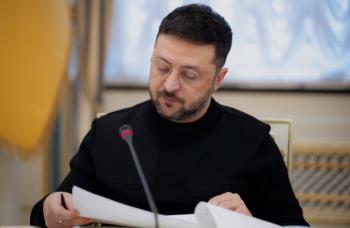Alwaght- Pope Francis is set to visit Myanmar next week as the Buddhist country's military is widely blamed for committing ethnic cleansing against Rohingya Muslim minority.
According to a full program of the Nov. 6-Dec. 2 trip released by the Vatican in October, the Pope will visit top Buddhist monks, military generals, and the county's de facto leader Aung San Suu Kyi.
The trip motto is peace and love among people of different faiths.
Being the first pope to visit Myanmar, Francis is expected to address the Rohingyas' plight as he already issued a strong defense of the right of the Muslim minority to ‘live their faith’, and criticized the country’s regime for campaign of persecution.
In a stinging attack on the Myanmarese regime in February, the Pope said the Rohingyas have been tortured and killed “simply because they want to live their culture and their Muslim faith”.
However, according to Reuters, some of the pope’s advisors have warned him against even saying the word “Rohingya,” lest he set off a diplomatic incident that could turn the country’s military and regime against minority Christians.
The most tense moments of the Nov. 26-Dec. 2 trip are likely to be private meetings with army head Senior General Min Aung Hlaing and, separately, Aung San Suu Kyi.
Myanmar does not recognize Rohingya as citizens nor as a group with its own identity, posing a dilemma for Francis as he visits a country of 51 million people where only around 700,000 are Roman Catholics.
“He risks either compromising his moral authority or putting in danger the Christians of that country,” said Father Thomas Reese, a prominent American author and analyst at Religion News Service.
“I have great admiration for the pope and his abilities, but someone should have talked him out of making this trip,” he wrote.
Vatican sources say some in the Holy See believe the trip was decided too hastily after full diplomatic ties were established in May during a visit by Suu Kyi, whose global esteem as a Nobel Peace Prize laureate has been tarnished by expressing doubts about the rights abuse allegations and failing to condemn the military.
“Pope Francis needs to be firm on all fronts. While the violence cannot stop without the cooperation of security forces, Suu Kyi should not be given a free pass either,” said Lynn Kuok, a fellow of the Brookings Institution’s Center for East Asia Policy Studies.
Rohingya crisis erupted on 25 August, when Myanmar’s army backed by gangs of Buddhist extremists brutally attacked Muslims in Rakhine state on the pretext of responding to the killing of security forces. In the ensuing operation, over 6,000 Rohingya Muslims have been killed in what is clearly an organized campaign of ethnic cleansing and genocide.
The military operations have also sent more than 600,000 Rohingya Muslims fleeing to neighboring Bangladesh, where Pope Francis will also visit after his Myanmar tour.
In a late addition to his itinerary, Francis will meet Rohingya refugees on the second leg of his trip in the Bangladeshi capital Dhaka.



























